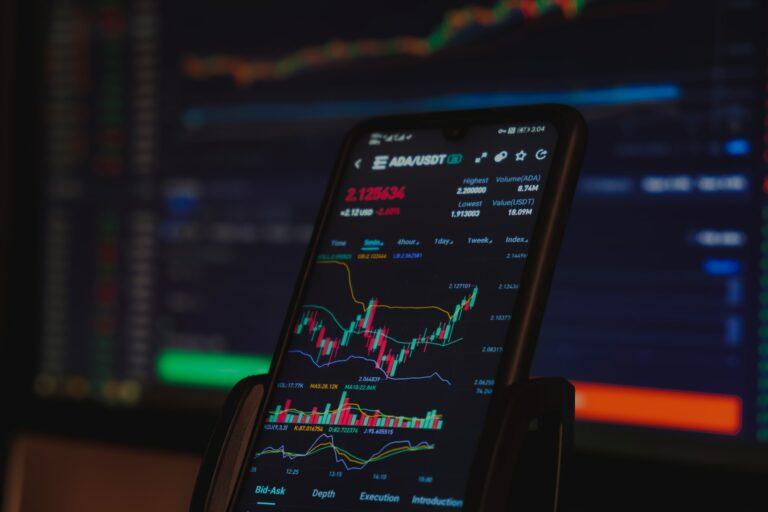So-called sharks on the Cardano ($ADA) network have been steadily accumulating tokens since June and now control more than 4 billion $ADA, meaning they hold their largest percentage of the cryptocurrency’s supply in a year and a half.
According to on-chain analytics firm Santiment, Cardano addresses holdings between 10,000 and 10,000 $ADA added $83 million worth of the smart contract platform’s native cryptocurrency since November 7, amid a steady accumulation phase.
In its latest Asset Report, CryptoCompare revealed that following the collapse of FTX there was a rising trend in users moving their assets off of centralized cryptocurrency platforms and moving them to decentralized solutions and self-custody.
The move, CryptoCompare wrote, led to a spike in average daily active users on the smart contract platform. In total, Cardano’s daily active users rose 15.6% to 75,800 last month, the highest number recorded since May.
Similarly, monthly transactions on the Cardano network also rose 5.34% to 2.32 million last month, marking the largest transaction volume since April.
The accumulation has been ongoing at a time in which the cryptocurrency market is experiencing a sharp downturn amid a wave of bankruptcies, the collapse of FTX, and rising interest rates. Nevertheless, the Cardano network has been goring over time.
As reported, there were 947 Plutus smart contracts on the Cardano network at the beginning of the year, according to data from Cardano Blockchain Insights. That number has significantly increased and now exceeds 4,200.
Plutus, it’s worth noting, is the “smart contract platform of the Cardano blockchain” that allows users to “write applications that interact with the Cardano blockchain.”
In January of this year, the number of smart contracts on Cardano surpassed 1,000 following the successful rollout of the Alonzo hard fork. This hard fork introduced support for smart contracts to the Cardano network, positioning it to compete with other popular blockchains like BNB Chain ($BNB), Ethereum ($ETH), and Solana ($SOL).
Cardano’s recent growth in smart contract numbers comes after the network’s Vasil hard fork, a major upgrade that involved several Cardano Improvement Proposals (CIPs) and improved the network’s performance.
The Cardano network has recently reached a new milestone with the launch of its first stablecoin. Other stablecoins are being created on the Cardano network. EMURGO, which is the commercial arm of Cardano, announced the planned launch of its new dollar-backed stablecoin USDA, which is “the first fully fiat-backed, regulatory compliant stablecoin in the Cardano ecosystem,” earlier this month.
Image Credit
Featured Image via Unsplash









